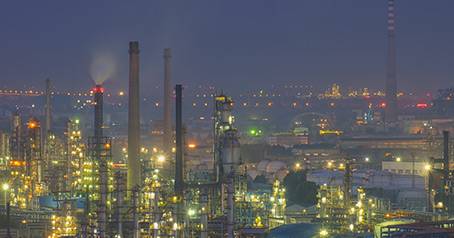Dec . 29, 2024 17:37 Back to list
High-Density Polyethylene Solid Pipe for Durable and Efficient Water Management Solutions
Understanding Solid HDPE Pipes Benefits and Applications
High-Density Polyethylene (HDPE) pipes have become a staple in various industries due to their excellent durability, flexibility, and resistance to corrosion. Among the different types of HDPE pipes available, solid HDPE pipes are particularly noteworthy for their robust structure and wide range of applications. This article delves into the characteristics, benefits, and uses of solid HDPE pipes.
What is Solid HDPE Pipe?
Solid HDPE pipes are manufactured from high-density polyethylene, a thermoplastic that exhibits high strength-to-density ratio. The manufacturing process involves the extrusion of polyethylene resin, which is then formed into solid pipes. Unlike perforated or corrugated pipes, solid HDPE pipes do not have holes or grooves, making them ideal for applications where a watertight seal is necessary.
Key Characteristics
1. Durability Solid HDPE pipes are resistant to most chemicals, making them suitable for transporting various fluids without degrading. They can withstand harsh environmental conditions, including extreme temperatures and UV radiation, which allows for long-term usage.
2. Flexibility Despite their strength, solid HDPE pipes are flexible, allowing for easy installation in challenging terrains. Their flexibility also helps in reducing the risk of cracking or breaking under stress.
3. Lightweight Solid HDPE pipes are significantly lighter than traditional materials such as steel or concrete. This characteristic not only reduces transportation costs but also allows for easier handling during installation.
4. Low Friction The smooth interior surface of solid HDPE pipes minimizes friction, ensuring efficient fluid flow. This attribute makes them an excellent choice for numerous applications, from water supply systems to irrigation.
5. Resistance to Corrosion and Abrasion Solid HDPE pipes are impervious to rust and corrosion, which is a common issue with metal pipes. Their resistance to abrasion ensures longer service life, especially in applications involving the transfer of particulate matter.
Benefits of Solid HDPE Pipes
solid hdpe pipe

- Cost-Effective Although the initial cost might be higher compared to traditional materials, the durability and longevity of solid HDPE pipes result in lower maintenance and replacement costs over time.
- Environmentally Friendly HDPE is recyclable, making solid HDPE pipes an environmentally sustainable choice. Utilizing recycled materials in their production further reduces their carbon footprint.
- Versatile Applications With various sizes and pressure ratings available, solid HDPE pipes are suitable for multiple applications, including municipal water and sewage systems, industrial processes, agricultural irrigation, and even in mining.
Applications of Solid HDPE Pipes
1. Water Supply and Distribution Solid HDPE pipes are widely used in municipal water supply systems due to their capacity to maintain the quality of drinking water.
2. Wastewater Management They play a critical role in sewage systems, facilitating the movement of waste without the risk of leaks or contamination.
3. Irrigation Systems Agricultural practices benefit from solid HDPE pipes as they provide efficient water distribution, enhancing crop yield while conserving water.
4. Telecommunication Ducts Solid HDPE pipes are also used for housing telecommunications and electrical cables, providing protection against external threats while ensuring reliable service.
5. Mining Operations In mining, solid HDPE pipes are often utilized for transporting slurry and mineral slurries, providing a resilient solution under extreme conditions.
Conclusion
In summary, solid HDPE pipes offer a robust, flexible, and environmentally-friendly solution for a wide array of applications. Their impressive durability, resistance to corrosion, and low maintenance requirements make them an ideal choice for many industries. As we continue to seek sustainable and efficient means of infrastructure development, solid HDPE pipes are likely to remain a preferred option in the construction and engineering sectors. Investing in solid HDPE technology ensures not only the effective delivery of resources but also the preservation of environment and public health.
-
Durable PP Rigid Sheet: Lightweight, Chemical Resistant Solutions
NewsAug.21,2025
-
PVC Grey Sheet for Extraction: Chemical Resistant & Durable
NewsAug.19,2025
-
Durable PVC Pipe Fittings for Plumbing & Irrigation Needs
NewsAug.18,2025
-
HDPE Steel Belt Reinforced Spiral Corrugated Pipe | High Strength
NewsAug.17,2025
-
HDPE Pipe Fittings: Durable, Leak-Proof Solutions
NewsAug.16,2025
-
Premium CPVC Sheet: High-Temp & Chemical Resistant Solutions
NewsAug.15,2025

